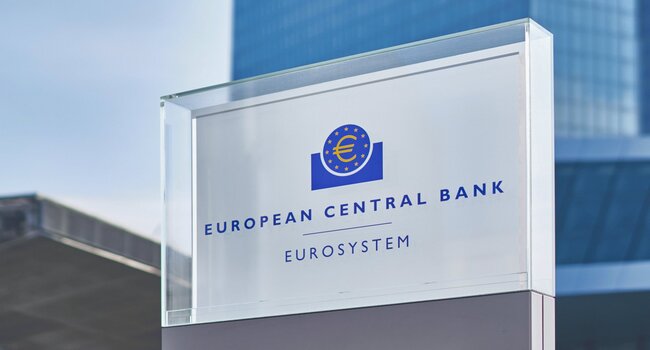Highlights:
- EU officials consider using public blockchains like Ethereum or Solana for the digital euro.
- Public blockchain adoption could make Europe’s digital euro faster, open, and easier worldwide.
- Digital euro aims to reduce reliance on U.S. stablecoins and strengthen financial autonomy.
EU officials are considering making a digital euro that could run on a public blockchain like Ethereum or Solana, instead of building their own private system, the Financial Times reported. Until recently, the European Central Bank (ECB) was expected to use a private system for its digital euro, mainly because of privacy concerns.
BREAKING: E.U. CONSIDERING RUNNING DIGITAL EURO ON A PUBLIC BLOCKCHAIN SUCH AS SOLANA OR ETHEREUM RATHER THAN A PRIVATE ONE DUE TO CONCERN OVER COMPETITIVENESS – PER FT SOURCES pic.twitter.com/WTHL040BvD
— DEGEN NEWS (@DegenerateNews) August 22, 2025
EU Considers Public Blockchains for Digital Euro
A private blockchain only lets approved groups see the data, but public blockchains like Ethereum or Solana are open for everyone to access. Using a public blockchain could make Europe’s financial system more open, faster, and easier to use. Ethereum and Solana are widely used for tokens, DeFi, and stablecoins, making them ideal platforms for the digital euro.
The ECB is still working on the project and plans to show a digital euro prototype in 2025. At the same time, talks about rules and how they will be used are still happening, as the EU faces global competition in digital currencies. Supporters say using a public blockchain could help more people use the euro. It would make the digital euro easy to trade worldwide and could improve cross-border payments. Officials are still careful because public blockchains show all transactions openly.
The ECB said it is looking at both centralized systems and blockchain options, but it has not decided on the final design yet. One person involved in the talks told the FT that EU officials are now taking the idea of using a public blockchain more seriously. Another person said that if the digital euro is private, it would be more like China’s digital currency, while a public version would be closer to stablecoins made by U.S. companies like Circle.
EU Faces Stablecoin Competition
Following the U.S. passing the GENIUS Act, which regulates its $288 billion stablecoin market, European officials are reconsidering the digital euro, concerned about falling behind in digital payments. Europe is particularly anxious that U.S. stablecoins, backed by the Trump administration, might undermine its financial autonomy.
In April, ECB board member Piero Cipollone said the best way to reduce Europe’s reliance on stablecoins was to launch a digital euro. He warned that U.S. dollar-backed stablecoins already control 98% of the market. He said a digital euro would be ECB-backed, unlike private stablecoins, providing a secure, reliable, and widely accessible public option.
Like Europe, China is also worried about the power of dollar-backed stablecoins in global markets. China is exploring the launch of yuan-backed stablecoins to encourage wider use of its currency and rival U.S. dollar tokens, which currently dominate over 99% of the global market supply.
Reuters: China may allow yuan-backed stablecoins for the first time, with a roadmap under review and Hong Kong, Shanghai leading rollout. Use cases include cross-border trade and payments.https://t.co/fp4mDTgZi8 pic.twitter.com/uou8L5uGMD
— Wu Blockchain (@WuBlockchain) August 20, 2025
Best Crypto Exchange
- Over 90 top cryptos to trade
- Regulated by top-tier entities
- User-friendly trading app
- 30+ million users
eToro is a multi-asset investment platform. The value of your investments may go up or down. Your capital is at risk. Don’t invest unless you’re prepared to lose all the money you invest. This is a high-risk investment, and you should not expect to be protected if something goes wrong.






